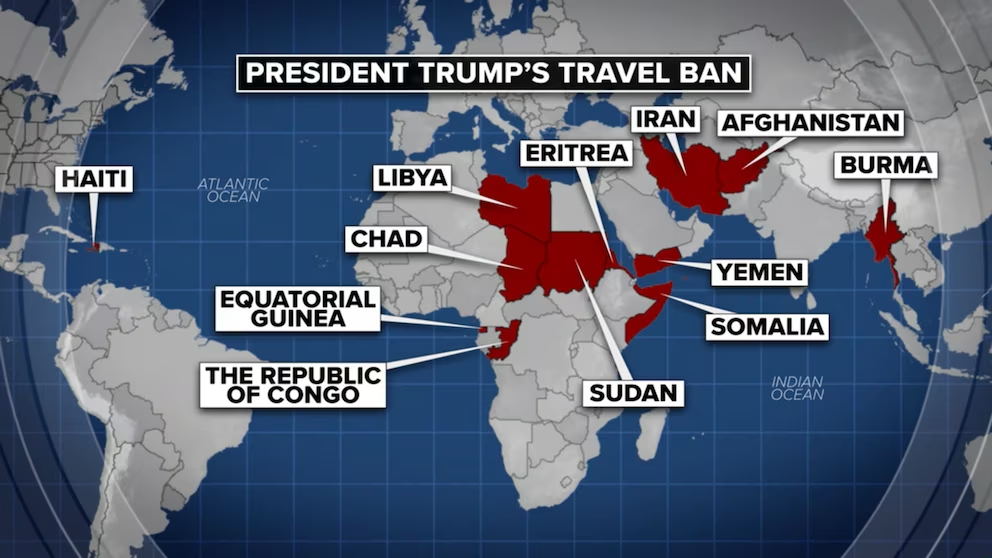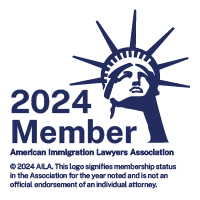
On June 5, 2025, the U.S. government announced a new travel proclamation that imposes full or partial entry bans on nationals from 19 countries. This new policy, which goes into effect on June 9, 2025, has raised concerns among individuals planning to visit, study, or immigrate to the United States. At Zhang-Louie PLLC, we understand how unsettling these developments can be for our clients and the international community. Our goal is to help you navigate these changes with clarity, transparency, and reliable legal support.
Who Is Affected?
This proclamation targets nationals who are:
- Outside of the U.S. as of June 9, 2025, and
- Do not hold a valid U.S. visa as of that date.
It’s important to note that valid visas issued before June 9 are not revoked. However, new applications from affected countries may face restrictions depending on the type of visa.
Countries Subject to a Full Travel Ban:
Nationals from these 12 countries are prohibited from entering the U.S. under any visa type (with some limited exceptions):
- Afghanistan
- Myanmar
- Chad
- Republic of the Congo
- Equatorial Guinea
- Eritrea
- Haiti
- Iran
- Libya
- Somalia
- Sudan
- Yemen
Countries Subject to a Partial Travel Ban:
For nationals of these 7 countries, the U.S. has suspended the issuance of immigrant visas and several common nonimmigrant visas, including B-1/B-2 (tourist/business), F (student), M (vocational student), and J (exchange visitor) visas:
- Burundi
- Cuba
- Laos
- Sierra Leone
- Togo
- Turkmenistan
- Venezuela
Are There Exceptions?
Yes, several groups are exempt, including:
- Lawful permanent residents (green card holders)
- Dual nationals traveling with a passport from a non-restricted country
- Diplomats and official government travelers
- Athletes and teams participating in major global sports events (e.g., World Cup, Olympics)
- Immediate relatives of U.S. citizens (spouses, parents, children) applying for immigrant visas
- Certain humanitarian-based applicants, including Afghan Special Immigrant Visa holders and individuals facing persecution in Iran
Immigration law is highly dynamic, and while headlines can be alarming, it’s critical to get accurate, up-to-date legal advice before making decisions. If this travel ban affects you or someone you know, we encourage you to seek a consultation to fully understand your options.
GET INOUCH

